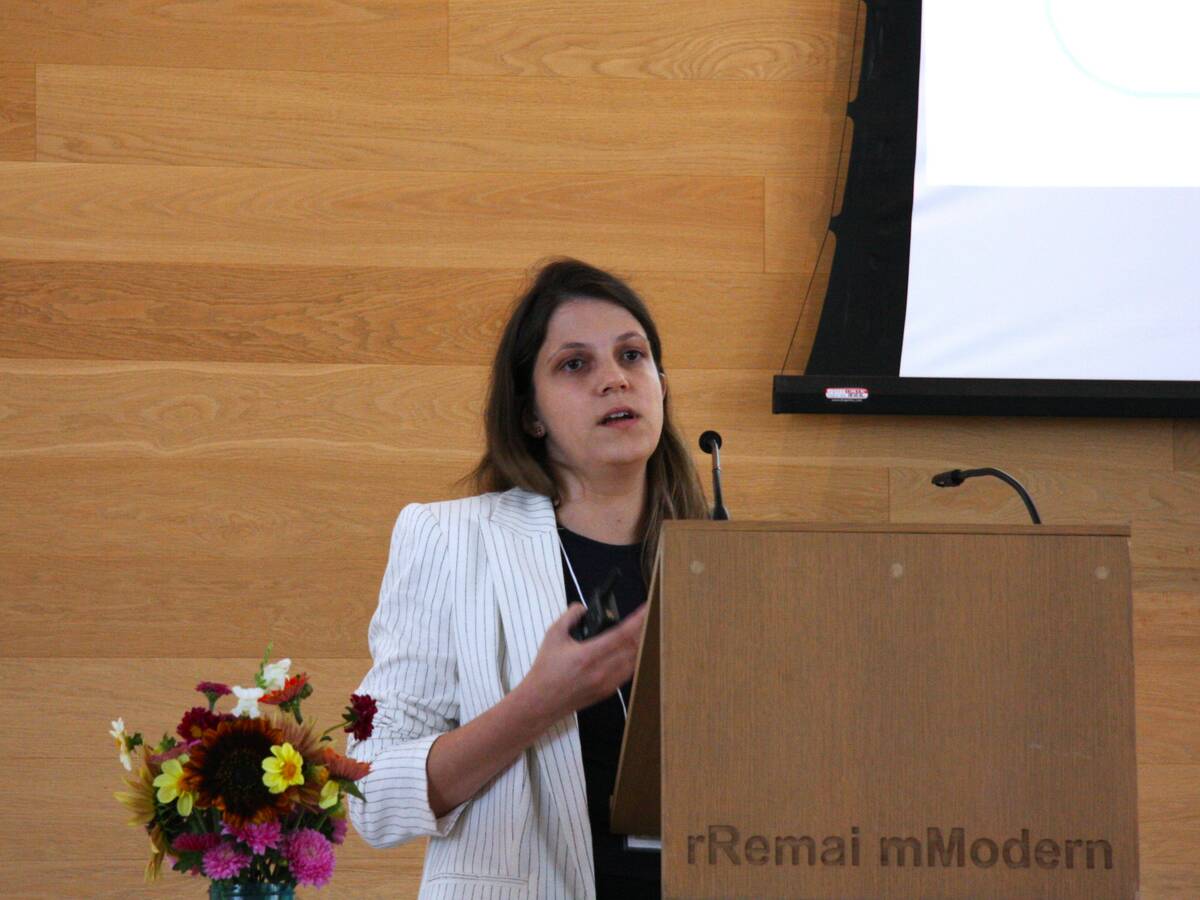The Flax Council of Canada has joined the Saskatchewan Flax Development Commission in doubling its levy.
North American crushers and Canadian processors and exporters have agreed to pay a voluntary levy of $2 per tonne for two years starting April 1, up from $1 per tonne.
“I think that was a very big show of support,” said council president Will Hill.
“What it’s saying is the industry is strongly behind flax.”
The check-off hike for the national association comes on the heels of unanimous approval by Saskatchewan growers to increase the provincial levy to $2.36 per tonne from $1.18 per tonne effective Aug. 1.
Read Also

Fusarium head blight mycotoxin detector in the works
A PhD student at the University of Saskatchewan has been working on developing a method of detecting fusarium damaged kernels to ease the struggles of producers, agronomists and industry.
Hill said the council’s annual operating revenues of $750,000 have been halved by a precipitous decline in flax acres and production.
Growers who planted 1.7 million acres of the crop in 2009 cut back to 695,000 acres in 2011 because of a combination of GMO contamination and miserable seeding conditions in the prime flax growing areas of southwestern Manitoba and southeastern Saskatchewan.
“We lost a lot of acres in the last two years,” said Hill.
The council has annual research and development expenditures that would have been put on hold if the levy had stayed the same.
The council’s biggest commitment is an initiative to develop a non-genetically modified herbicide tolerant flax crop that has the potential to boost yields by 15 to 20 percent, making flax more competitive with Black Sea flax and other oilseeds in Canada.
Five European crushing and handling firms have also contributed $100,000 to that project.
Cibus Global, the council’s technology partner, has completed the first phase of the herbicide tolerance project by proving that its technology will work with flax. The next step is to create plants containing the resistance trait. Commercialization of the technology is expected by around 2017.
Check-off revenue will also pay for the council’s market development work, ridding the Canadian system of the GM Triffid variety and other research projects.















